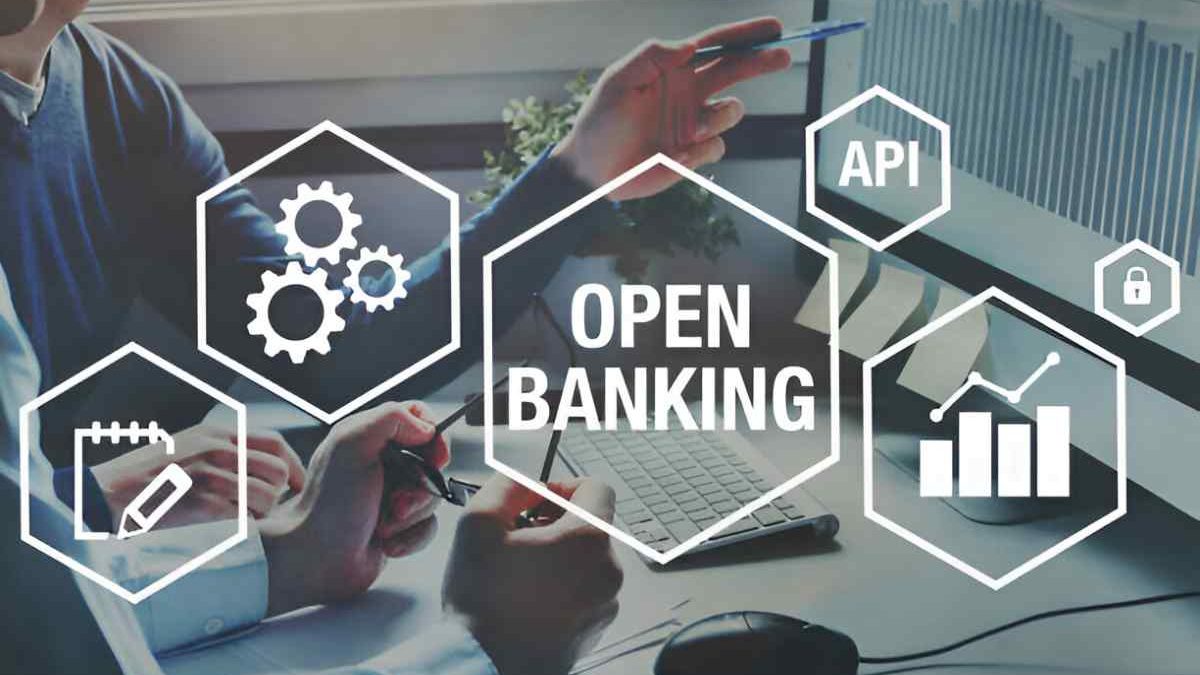The world of finance is in the midst of a profound shift, with new technologies paving the way for enhanced connectivity, accessibility, and personalization. Open Banking has emerged as one of the most transformative innovations, fundamentally changing how consumers and businesses interact with financial services. Central to this change are Open Banking APIs, which provide the infrastructure for connecting financial institutions with a wide array of third-party applications. Let’s dive into how Open Banking APIs are shaping the future of modern finance.
Table of Contents
What Is Open Banking, and Why Does It Matter?
Open Banking refers to the practice of enabling secure access to consumer financial data through APIs. By allowing banks to share this data with third-party service providers, Open Banking creates a more interconnected ecosystem where consumers can access a broader range of financial products and services.
These APIs serve as the technological backbone of Open Banking, facilitating seamless data exchanges while adhering to stringent security protocols. With these tools, consumers can easily integrate their banking information with other financial applications, from personal budgeting tools to investment platforms, making managing and growing their wealth easier. For businesses looking to integrate Open Banking APIs securely and efficiently, choosing the best API platform can significantly enhance the development and scalability of financial services.
Streamlining Financial Processes with Open Banking APIs
1. Fostering Greater Financial Transparency
One of the most significant impacts of Open Banking APIs is the promotion of financial transparency. Through these APIs, customers can gain deeper insights into their financial health by viewing all their account information in one place. This increased visibility allows consumers to make more informed decisions and track their spending more effectively, empowering them to take control of their finances.
For instance, Open Banking APIs allow for real-time aggregation of account data across multiple institutions, giving users a consolidated view of their financial standing. With access to this data, consumers can monitor trends, identify potential savings, and create strategies to optimize their financial wellbeing.
2. Enhancing the Personalization of Financial Products
Open Banking APIs also enable a higher level of personalization in financial products and services. By leveraging consumer data, third-party providers can craft bespoke financial solutions tailored to individual needs. This includes targeted loan offers, personalized investment portfolios, and budgeting advice that reflects a user’s specific spending patterns and financial goals.
Traditional banks have struggled to offer such personalized services on a large scale due to their outdated systems. However, with Open Banking APIs, fintech companies are able to step in and fill this gap, offering products that cater to a wide range of financial needs, whether for individuals or businesses.
3. Reducing Costs and Transaction Fees
Open Banking APIs are playing a key role in reducing the costs associated with financial transactions. By enabling direct connections between consumers and service providers, these APIs eliminate the need for intermediaries like payment processors or traditional bank branches. This not only makes transactions faster and cheaper but also opens up opportunities for new, cost-effective services.
For example, Open Banking APIs can reduce the fees associated with cross-border payments, making international money transfers more affordable and accessible. This has profound implications for both consumers and businesses, especially those operating in the global marketplace.
Driving Collaboration Between Traditional Banks and Fintechs
Another key aspect of Open Banking APIs is their collaborative relationship between traditional banks and emerging fintech companies. Historically, banks have been wary of competitors encroaching on their turf. However, the rise of Open Banking has encouraged financial institutions to partner with fintechs to enhance their offerings and better serve customers.
Rather than competing, banks and fintech companies are increasingly working together to create innovative financial solutions. This collaborative environment has led to the development of new, hybrid products that combine the stability and trust of traditional banking with the speed and innovation of fintech, ultimately benefiting consumers.
The Role of Regulation in Ensuring Secure Open Banking
Given the sensitive nature of financial data, security is a critical concern when it comes to Open Banking APIs. Regulatory frameworks like the EU’s PSD2 ensure that financial institutions and third-party providers follow strict guidelines to safeguard consumer data. These regulations mandate that only authorized entities can access financial data, and that strong security measures, such as multi-factor authentication and encryption, are in place to protect that data.
Moreover, consumer consent is a fundamental component of Open Banking, ensuring that individuals have control over who can access their financial information. As the industry continues to evolve, regulations will play a crucial role in building consumer trust and fostering a secure environment for Open Banking APIs to thrive.
Looking Ahead: The Future of Open Banking APIs
As Open Banking APIs continue to gain traction, we can expect even more disruptive changes to the financial landscape. From creating more seamless integrations with emerging technologies like blockchain and AI, to expanding the reach of Open Banking to new markets and demographics, the potential for growth is vast.
In conclusion
Open Banking APIs are not just a trend—they are the cornerstone of the future of finance. With their ability to streamline processes, reduce costs, and enhance personalization, these APIs are unlocking opportunities for consumers and businesses alike. As the financial industry embraces these innovations, the power of Open Banking will continue to shape the way we manage, invest, and grow our money.

